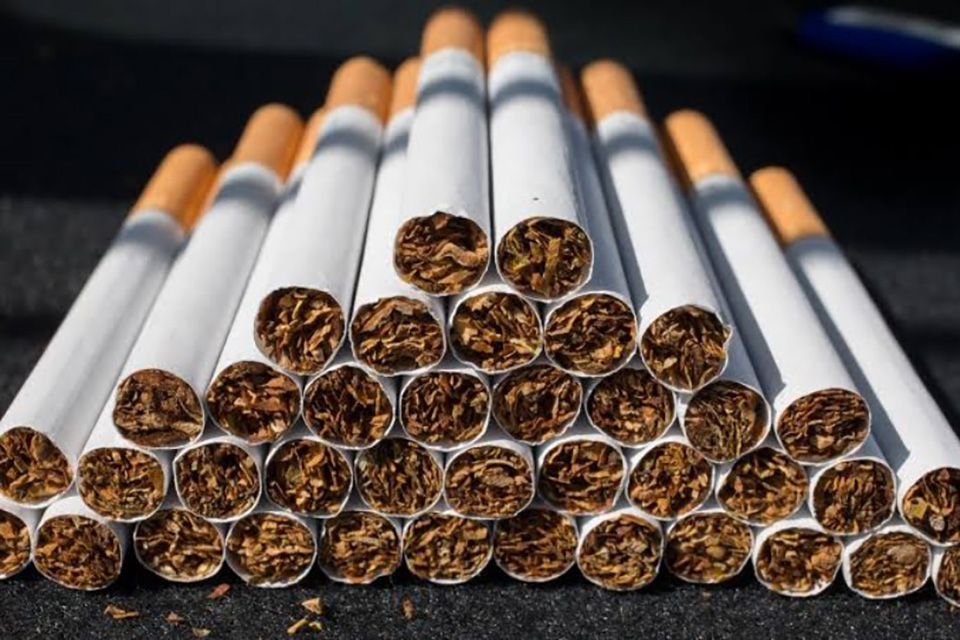
The Thai Cabinet has approved a draft ministerial regulation on tobacco product components and combustion byproducts. This regulation, proposed by the Ministry of Public Health, mandates that manufacturers and importers of cigarettes and cigars must report the components of their products and the substances released during combustion.
Deputy Government Spokesperson Kanika Aunjit announced the approval, highlighting the regulation’s stringent requirements. Tobacco products must not contain additives that enhance flavor, create color, imply health benefits, reduce health risks, or suggest increased energy and vitality.
The regulation sets maximum limits for substances released during combustion. According to the regulation, tar must not exceed 10 milligrams per cigarette, nicotine must not exceed 1 milligrams per cigarette, and carbon monoxide must not exceed 10 milligrams per cigarette.
Certificates issued under this regulation will be valid for three years. If the original certificate is damaged, lost, or destroyed, a replacement must be requested within 15 days, with the replacement certificate retaining the original validity period.
The regulation also mandates the disclosure of information about the components and combustion byproducts of tobacco products. The certification fee is set at 100,000 baht per certificate and 2,000 baht for a replacement certificate. The regulation will take effect 180 days after its publication in the Royal Gazette and will be enforced over four years.
The Ministry of Finance suggested that the public health ministry should study appropriate component levels to avoid excessive flavors or aromas beyond the natural properties of tobacco. The Ministry of Finance highlighted inconsistencies in allowing menthol, which is derived from mint oils, but not permitting actual mint plants. It suggested reconsidering the regulation regarding substances that might influence tobacco consumption. (NNT)








